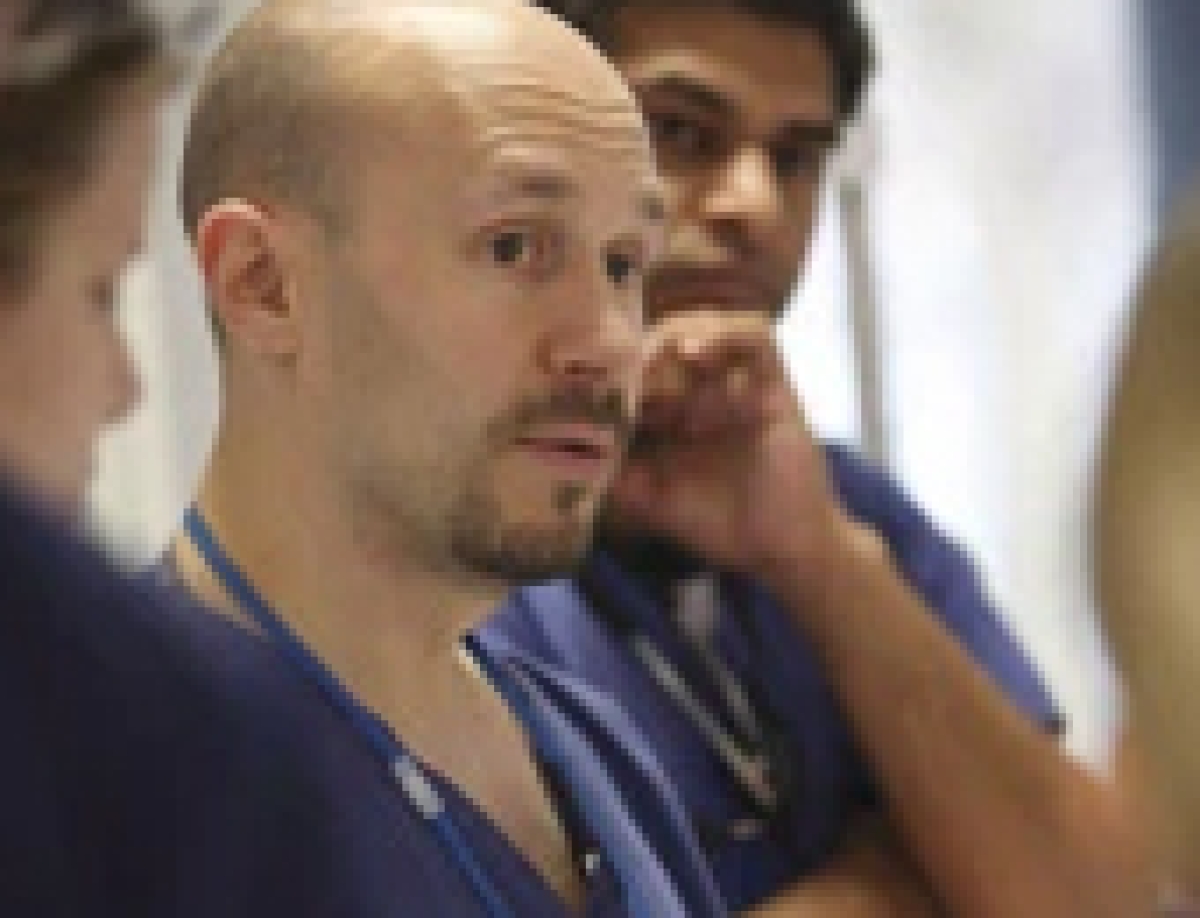
It is no accident that the Royal College of Physicians says hospitals should routinely share clinically relevant analyses of local activity data with consultants. By doing so it increases their involvement in the collection, validation and use of these data and this in turn can lead to improvements in data quality and ultimately quality of care.
We know this because trusts that win CHKS top hospital awards have invariably involved their clinicians in this way. Two examples come to mind. Betsi Cadwaladr University Health Board has won the CHKS data quality award for three years in a row. It ensures clinicians are at the heart of clinical coding and it does this in a number of ways. As well as emailing consultants coding details of all their patients who have died, consultants are invited to regular question and answer sessions held by the department.
The second is North Middlesex University Hospitals Trust where new clinical staff (consultant , registrars and junior doctors) are enrolled on a e-learning programme on clinical coding. Leaflets on coding and top 10 clinical coding tips leaflets are available via the trust’s intranet for clinical staff. In addition clinical coding staff attend mortality specialty reviews. These initiatives have clearly paid off because North Middlesex University Hospitals Trust was also a winner of the CHKS data quality award (England).
Although clinical coding in the bedrock of quality improvement, this is just one of the national awards that we present every year. By highlighting trusts that have demonstrated a commitment to delivering high quality, safe and efficient care we hope that others will be inspired to learn from them. This is the rationale behind the CHKS Top Hospital programme awards which has become one of the biggest must-attend events in the health and care sector calendar.
We are already looking forward to this year’s CHKS Top Hospital programme awards which will be held at Draper’s Hall, London. We know that winning a national award is a significant achievement with some hospitals setting an annual objective to be a winner while others use the opportunity to thank teams for their hard work and commitment. That is why we are now giving every hospital in the UK the chance to win a Top Hospitals award, making it an even more prestigious award to win. In 2015 every hospital in the UK will be included in the national analysis of over 20 indicators that we use to decide the winners of our Top Hospitals award.
In 2015 we are also introducing new awards for patient experience and for accident and emergency. These new awards will help us to shine a light on areas which can sometimes be overlooked when it comes to highlighting excellence. We hope the winners of these awards will use them to show patients and colleagues that they are committed to improvement. This of course is the bottom line. CHKS hopes to be a catalyst for improvement in health and care. Our mantra is ‘insight for better healthcare’ and all our efforts are focused on service improvement and development.
I hope you will be able to join us in 2015 for another CHKS Top Hospital programme awards ceremony.
Jason Harries, Managing Director, Capita Health Insight
Our analysis contains HES data which is re-used with the permission of The Health & Social Care Information Centre. All rights reserved.It is no accident that the Royal College of Physicians says hospitals should routinely share clinically relevant analyses of local activity data with consultants. By doing so it increases their involvement in the collection, validation and use of these data and this in turn can lead to improvements in data quality and ultimately quality of care.
 It is no accident that the Royal College of Physicians says hospitals should routinely share clinically relevant analyses of local activity data with consultants. By doing so it increases their involvement in the collection, validation and use of these data and this in turn can lead to improvements in data quality and ultimately quality of care.
It is no accident that the Royal College of Physicians says hospitals should routinely share clinically relevant analyses of local activity data with consultants. By doing so it increases their involvement in the collection, validation and use of these data and this in turn can lead to improvements in data quality and ultimately quality of care.